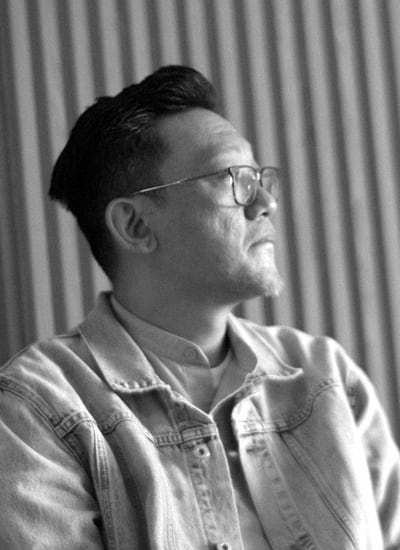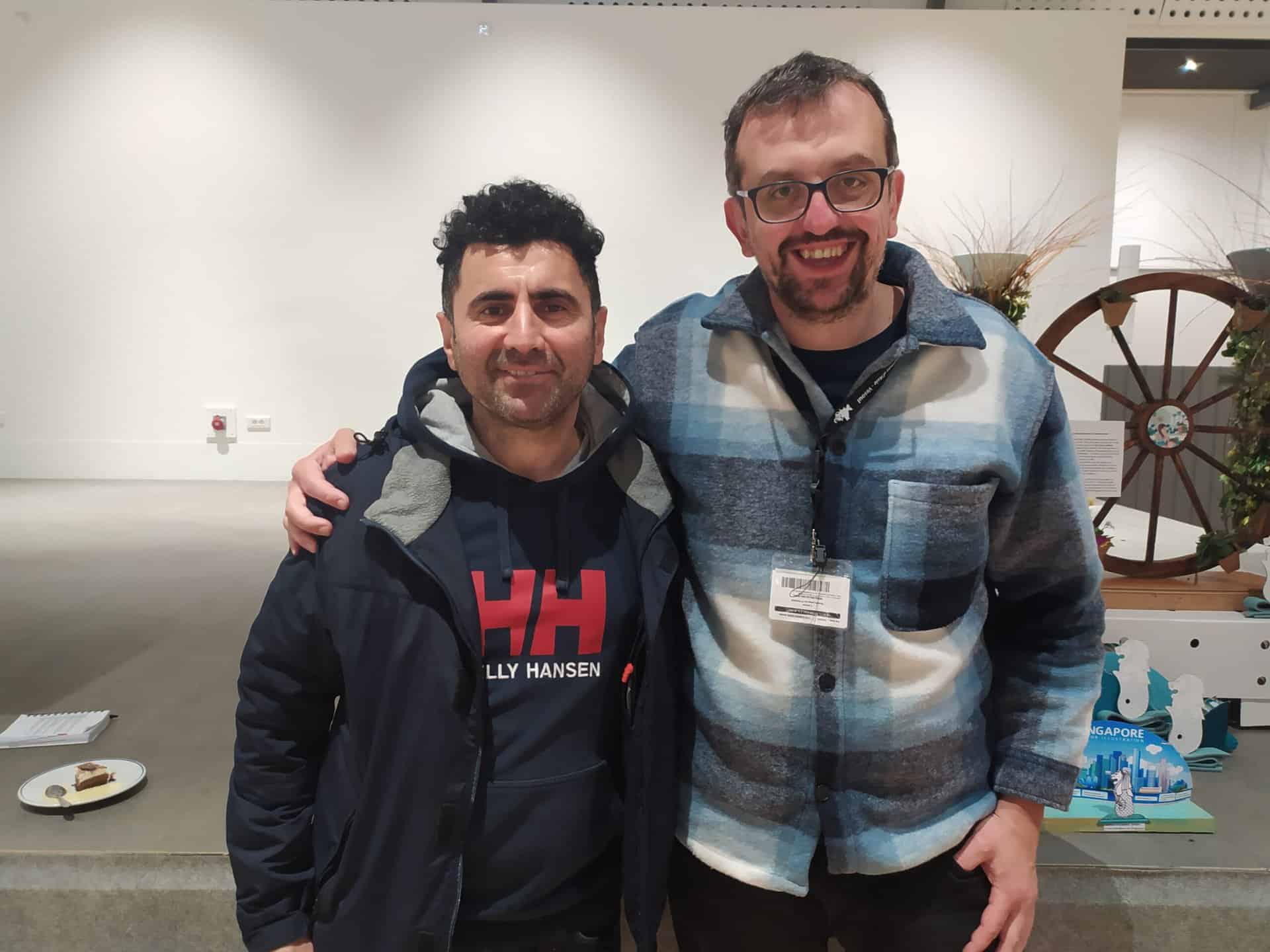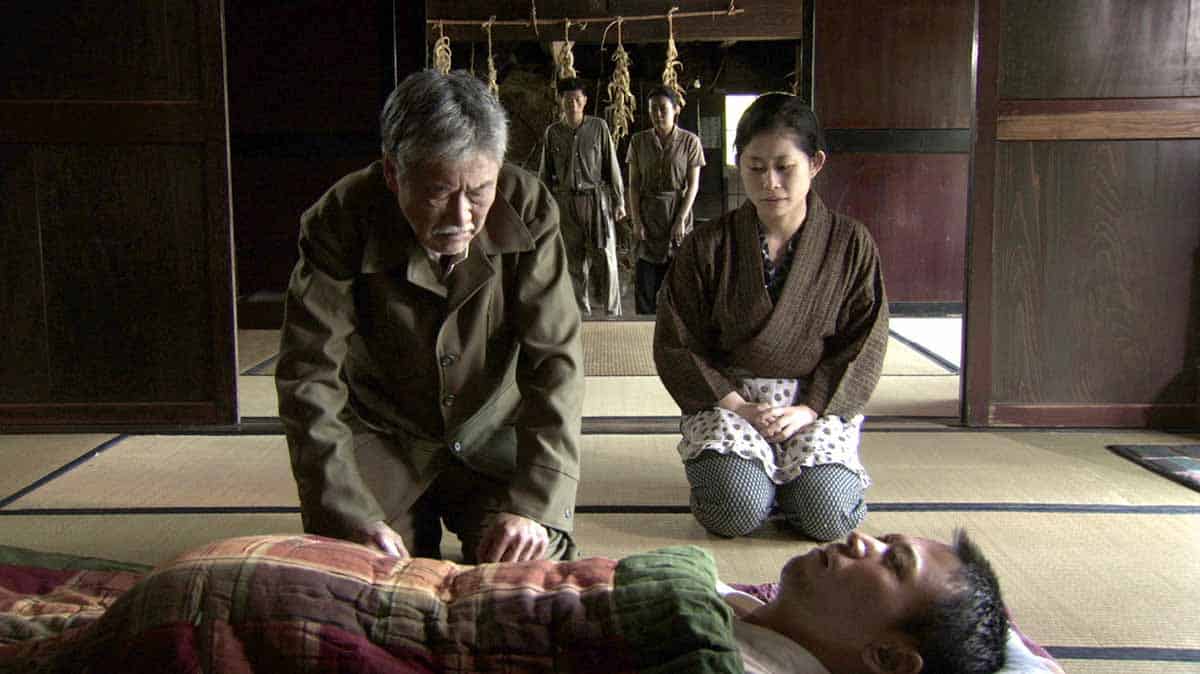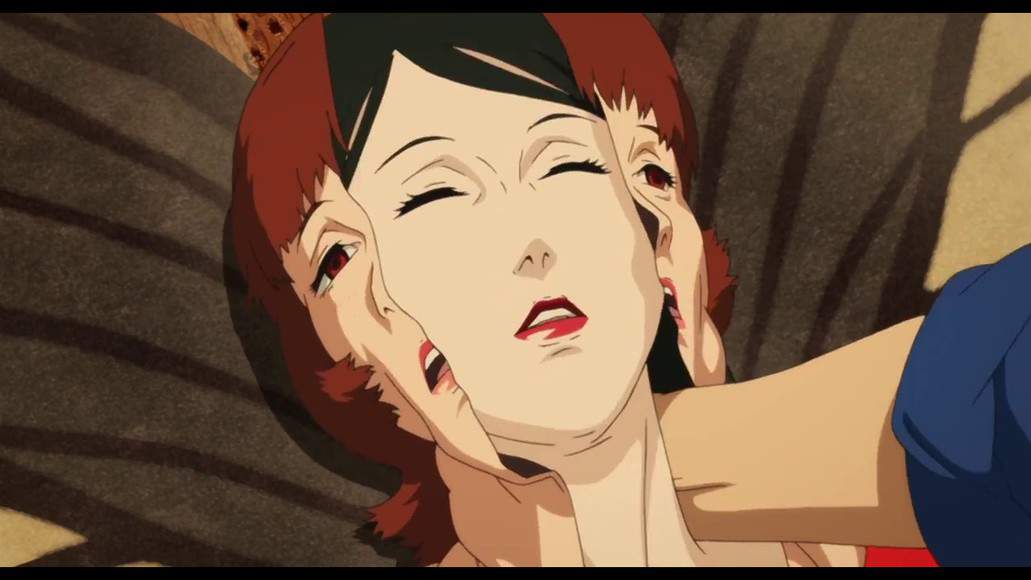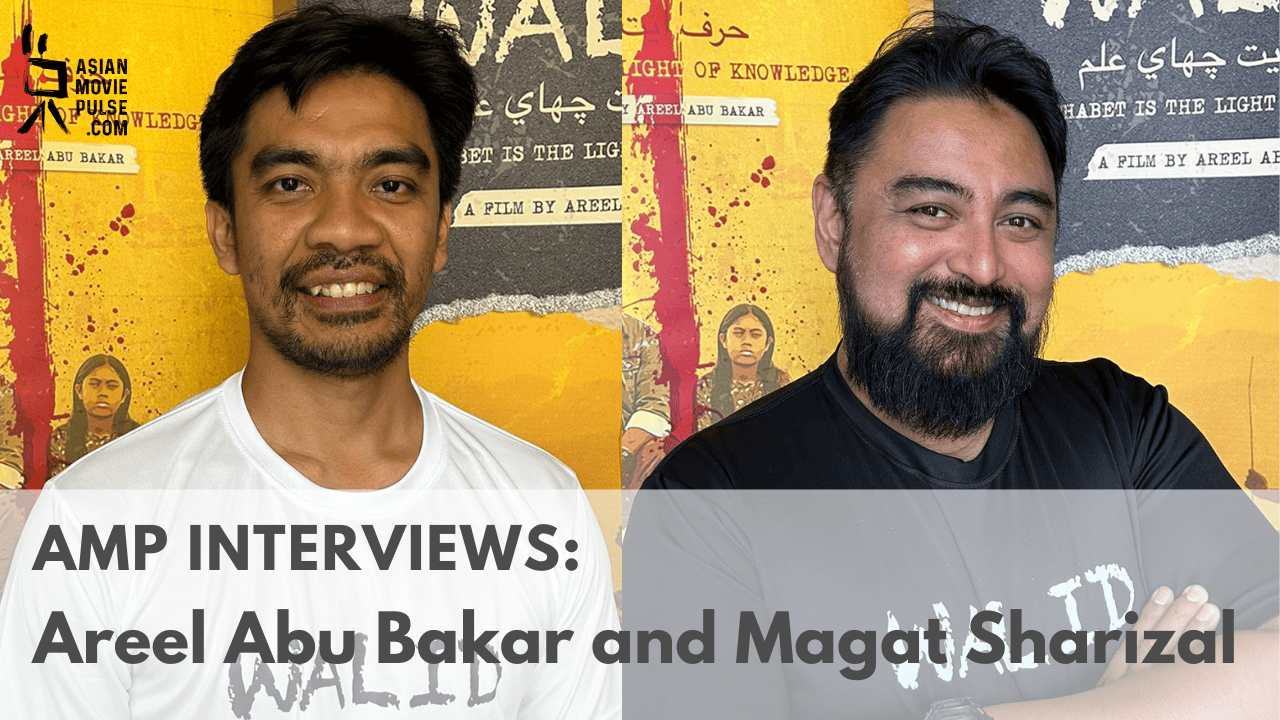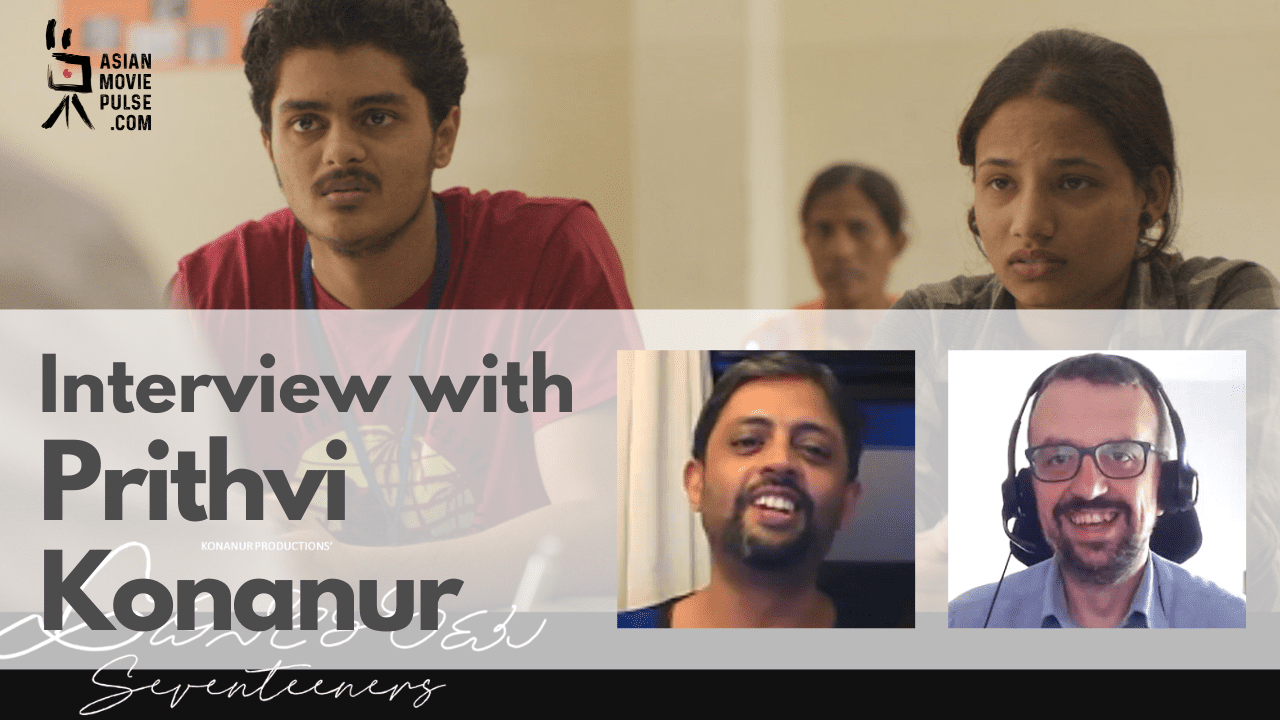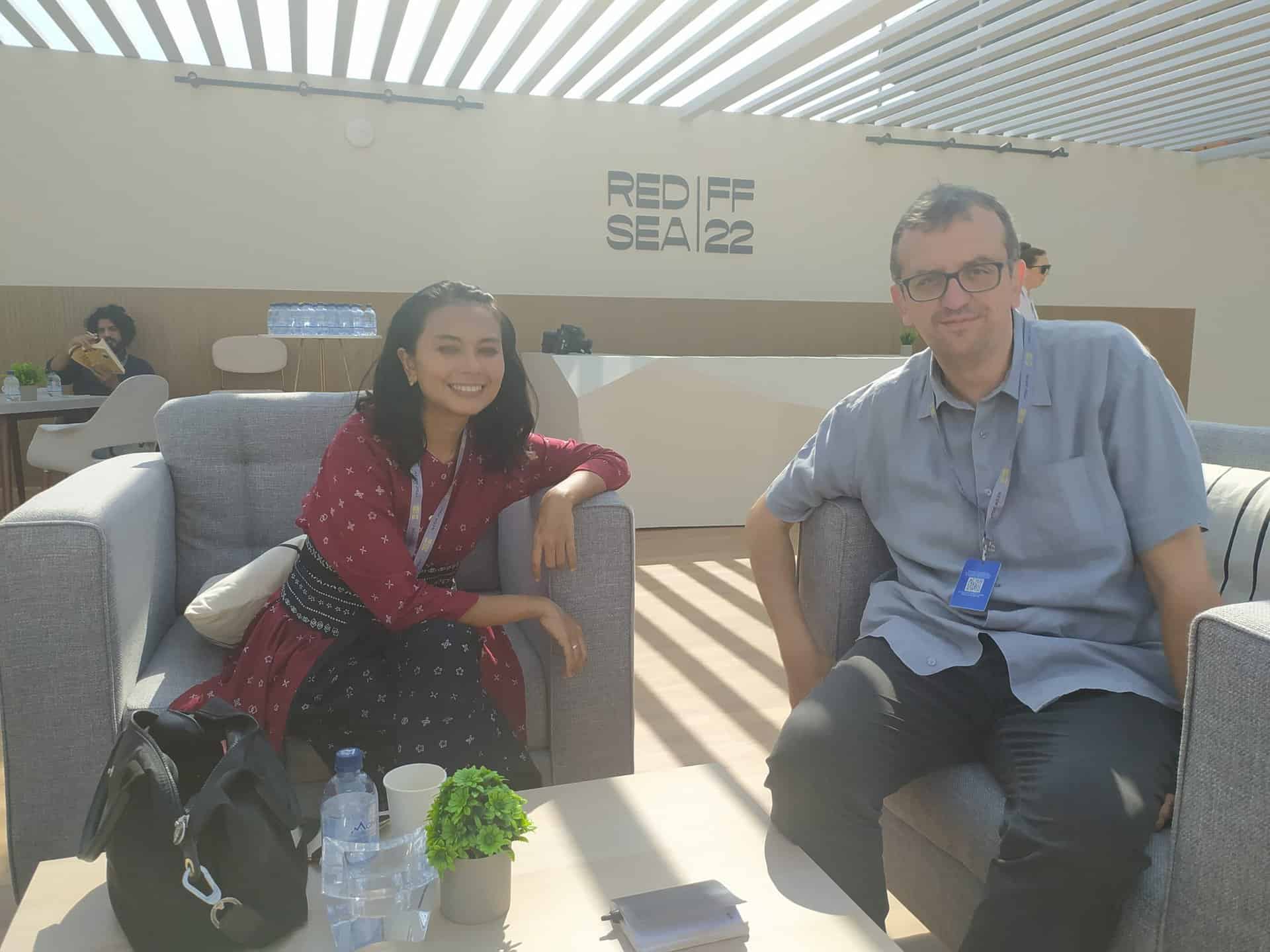Born in Macau in 1972, Hong Kong filmmaker, actor and screenwriter Soi Cheang made his directing debut with “Our Last Days”. His films have screened at numerous festivals: “Motorway” screened at the Locarno Film Festival, “SPL2: A Time For Consequences screened at the Toronto International Film Festival and “Accident” was in competition at the Venice International Film Festival. His greatest commercial success, “The Monkey King” series, achieved total box office returns of over 440 million US dollars.
On the occasion of his latest film “Limbo” screening at Berlinale, we speak to the director about genre filmmaking, the film's visual style, Hong Kong slums, the #MeToo movement, the state of Hong Kong cinema and more.

The film seems to recreate the impressive atmosphere of Johnnie To's crime movies. Was that one of your purposes, particularly in the action aspect?
I never meant to imitate anyone intentionally. Also, Johnnie To's movie style is very unique, not everyone can imitate it or be able to imitate it. When I shoot a movie, I don't care too much about the style. I think the style originates from the movie itself, not from yourself. I will shoot the movie according to the way it needs to be presented. Johnnie To is more romantic in the action aspect, and I want to deal with the action scenes in a more powerful way.
Do you feel that artful genre films, and particularly the ones that made HK cinema famous, are missing nowadays from international cinema?
It's true. This kind of action movies with unique style appeared more in the Hong Kong movie market in the past. But now, the entire movie industry is changing. Not only Hong Kong, the whole Asian region and the global market are changing. People pay less attention to Hong Kong movies. As the market shrinks, the production of such movies has decreased significantly. This is also a normal phenomenon, and I hope the genre can be revived in the future.
Why did you decide to shoot the film in black and white? Can you give us some details about your cooperation with Chen Siu Keung and your overall purpose in the visual aspect of the film?
In fact, the film was not in black and white initially. We adopted the chromatic method to shoot in the beginning. However, during the post-production period, I felt that the movie lacked something. In order to make the whole thing more harmonious and pursue the tight connection between characters and scenes, I tried to do it in black and white. When I watched this movie in black and white for the first time, I saw the harmony between the characters and the environment. But that harmony is not in a state that looks comfortable, but the characters and the environment are integrated into the atmosphere.
Fortunately, we found Mr. Cheng Siu Keung to be our director of photography. The original scale of frames presented in the shooting site was already fascinating. The ratio of color and lightness was already very good, with or without color. In light of that, we could suddenly convert the original color into black and white. I am delightful to cooperate with Cheng Siu Keung. Although I may have communicated more with art director Mr. Mak Kwok Keung in the preliminary preparation, Mr. Cheng would always put himself into the site to feel the atmosphere after he arrived, then he would design the angles of camera and lighting. This “Hong Kong Method” is that he already has a setting and idea in his mind and he will only give them a full play when he arrives at the shooting site. We will discuss the lighting of the setting, the direction of the light and the artistic quality of frames together. Mr. Cheng, Mr. Mak and I will judge the artistic quality of each shot at the shooting site.
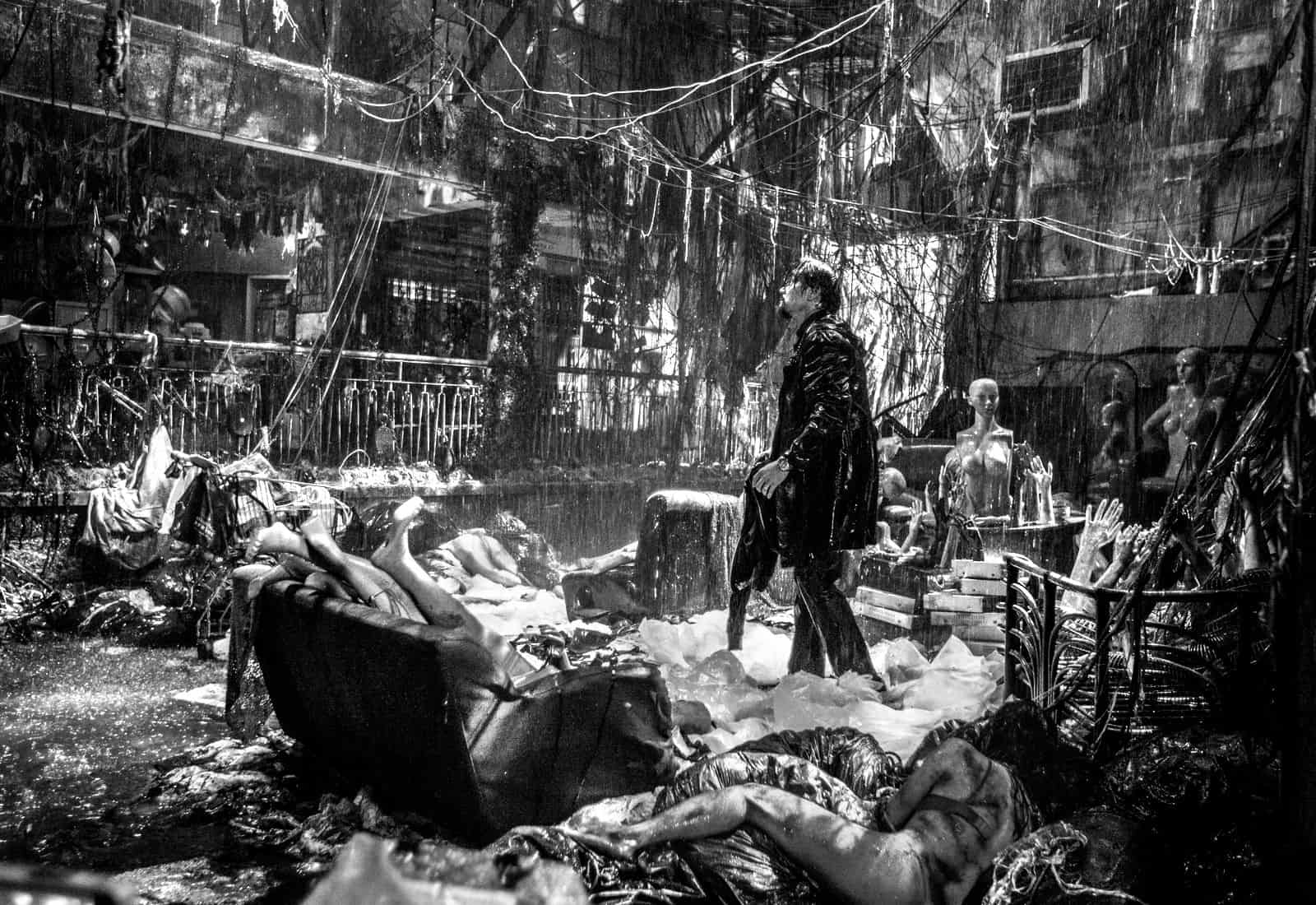
How close to the reality of the slums are the events presented in the film? What kind of research did you do about this aspect beforehand? Can you give us some more details about the locations the film was shot?
Most of the scenes are recreated from my memory from the 1980s, when I came to Hong Kong from Macau. I was living in Sham Shui Po at that time; the back alleys in Sham Shui Po were full of rubbish, and the area was dirty and impoverished. I grew up in that environment. This is my first strong impression after coming to Hong Kong from Macau. After reading the novel “Wisdom Tooth”, I thought this atmosphere is very suitable. If I convert the scenes of this novel into a movie, my memories of the dirty places in Hong Kong during childhood would be very suitable to appear in the movie. So, it can be said that part of it is authentic. When we were choosing the shooting locations, we deliberately picked some places that were about to redevelop, such as buildings, back alleys and old districts (e.g. To Kwa Wan, Kwun Tong). As the world is constantly changing, Hong Kong has also undergone great changes in the past two years. I really wanted to keep these things on the screen through the camera, and I also hoped to record some dramatic scenes as I was shooting the film. For instance, on a large platform, there would be advanced subways passing by, and some back alleys are like mazes, you will never know how to get in and out. I think these places are similar to the perception of the movie.
Liu Cya has a rather difficult role in the film, since the punishment she receives is quite severe. How did you guide her for her role, and how did she react in all those violent scenes? Did you use stuntmen in any scenes?
Cya Liu is a very hardworking actress. I remember that I have reviewed more than 200 actors at that time, and Cya Liu was the only one I met face to face. After I saw her photo and some of her performance clips, I didn't know why, but I really wanted to meet her. When I met her in Beijing, she told me that she was ready for playing this character and she also desired to play it. I had confidence in her performance so I decided to pick her. In fact, we also prepared a stuntmen at the shooting site in advance, but eventually she acted by herself. Cya Liu is a very special actress. I usually say that she doesn't use skills to complete the performance but she uses her inner feelings to act. She is not a student with professional background, she didn't learn acting. She accumulated her natural acting skills in shooting sites, and it's more direct.
In this era that the #MeToo movement seems to impact the whole industry, did you ever think this presentation of Wong To will garner intense criticism?
Many people feel doubtful about the part of a female being abused. During the shooting, we kept questioning ourselves but I finally decided to handle the role of Wong To using this direction. It is because I saw a woman with great vitality, even though she has suffered a lot. From my perspective, most of the people who can withstand these hardships are women. Only women have this kind of perseverance. If you ask me whether I'm afraid of being affected by the #Metoo incident, I'm a little worried indeed. However, I believe that audience will comprehend why we designed such a plot and the reason why Wong To has to endure these hardships after watching this movie. I hope that everyone can see a woman who will not be defeated by these sufferings through this role. Many people would describe Wong To's miserable experience as cruel, but I hope she can use her own strength to overcome difficulties. I hope these messages can be presented to the audience through this role.
How was your cooperation with Lam Ka Tung? Do you approach veterans like him in a different way than you do with the younger actors such as Mason Lee, in this case?
It is easier to cooperate with Ka Tung because we are both from Hong Kong and have similar thoughts about drama. In this close cooperation with Ka Tung, the level of mutual trust is unexpectedly high. For example, I will let him handle his performance and his performance can really convince me. When there is a problem, I will speak out and he will listen to me. He was very confident in the script and the way I handled the movie. This kind of tacit understanding is very rare; however it was there between Ka Tung and me. Mason Lee was treated in another way. He is a relatively young actor, and his experience in performing was not be as rich as Ka Tung's so we needed to communicate more. Moreover, he doesn't live in Hong Kong, so language was also an obstacle. But he gradually overcame. Of course I would communicate more with Mason and spend more time on him to discuss his role and ideas in depth. And it's a bit different for Ka Tung because after reading the script and the novel, we already knew what kind of feeling we need.
What is your opinion of the Hong Kong movie industry at the moment?
The most glorious time of the movie industry of Hong Kong has passed, and I don't think we need to look back. However, I think this is a transitional stage, including the overall environment, the pattern and habits of watching movies, and the way for filmmakers to face the current situation in Hong Kong. Everyone is active in that regard, such as actors, investors, directors and writers etc., everyone is looking for ways to keep Hong Kong movies moving forward. Hong Kong movies are now facing huge difficulties in the market and creation process . This is true but I think we must forget the past. Although I grew up in this era, I keep reminding myself that what I need to focus on is the present, not the past. I hope Hong Kong movies will get better and better.
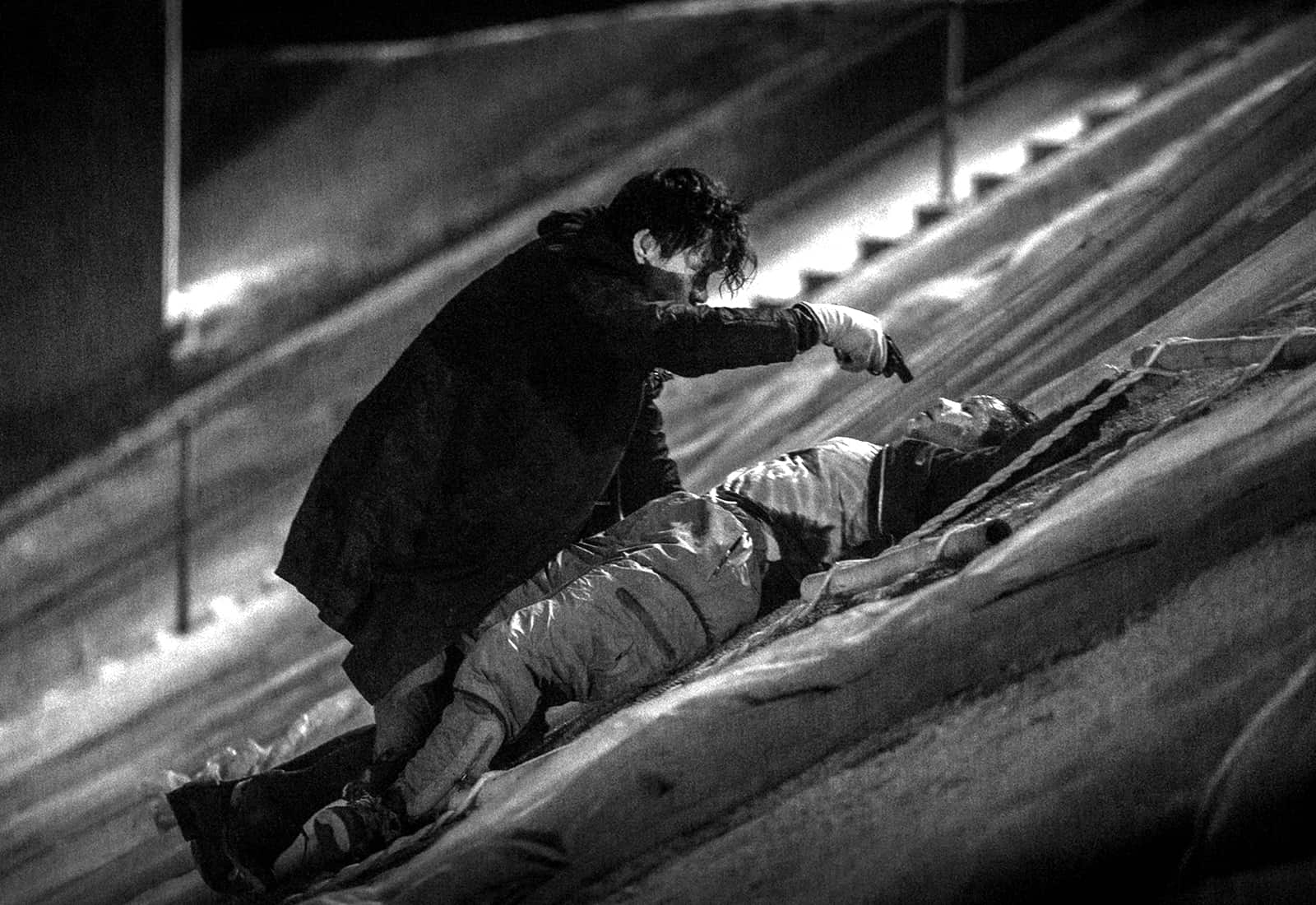
Are you working on anything new at the moment?
Preliminary preparations of two action movies are currently underway, such as writing scripts and finding shooting locations. Both of these two movies are local themed action movies that belong to Hong Kong.


